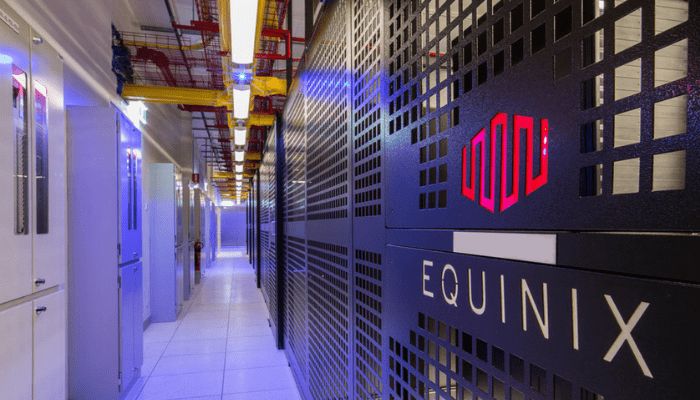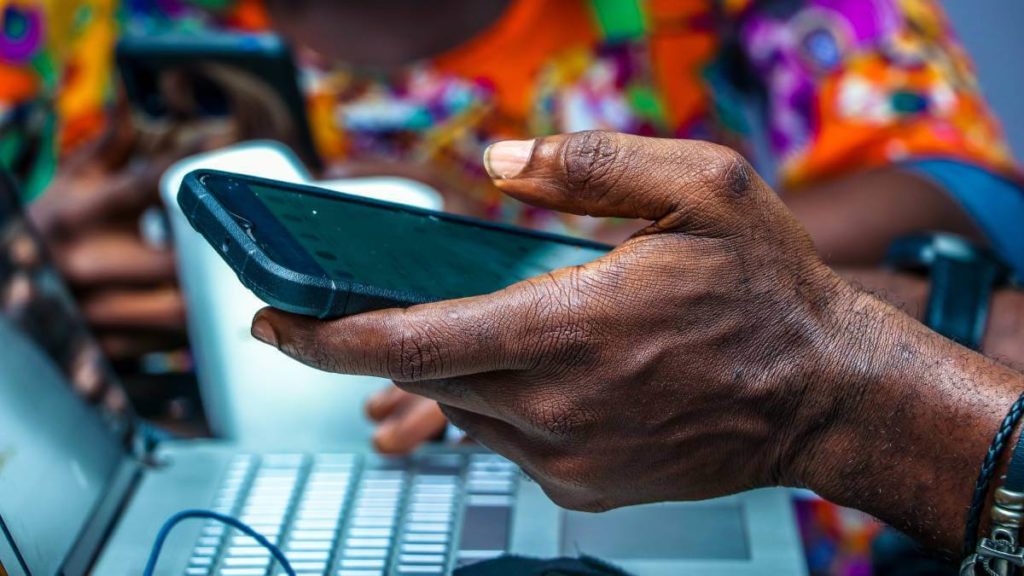Robert Sargsian is the co-founder and CEO of Due Network, a fintech that aims to enhance payment connectivity and empower local businesses through blockchain, in a rapidly evolving economic environment.

Founded in 2022, Due Network seeks to redefine international payments and contribute to the development of Nigeria’s digital economy by leveraging the transformative potential of blockchain technology to navigate infrastructural challenges and currency volatility.
In this chat, Robert Sargsian talks about the company’s vision for payments, strategies for combating cyber fraud, and the importance of collaboration with established fintech players.
- As a new entrant in Nigeria’s fintech scene, what unique insights or innovations does Due Network offer that specifically address the needs of Nigerians?
Due Network enables individuals and businesses in Nigeria to better connect with the world, without having to adopt anything new. They just top up their Due balance with NGN via a bank transfer and from there they can send money across 60+ countries in a few taps, including the US, UK, Europe, Mexico, and soon China, UAE, Hong Kong, India, and many more. Similarly, we offer virtual accounts where they can receive payments from abroad, automatically converted to digital dollars into their Due account. With Due, Nigerian individuals and businesses can convert their Naira to digital dollars, for free and at market rates, without restriction.
Leveraging decentralised ledgers, every Due account is fully self-custodial. This means that no other intermediary, not even Due, can access the users’ funds. Our users have peace of mind knowing there is no intermediary or central authority that can freeze or otherwise touch their money.
We’ve built a truly global payments platform that is faster, cheaper, more accessible, and more secure than anything else in the market today.
- What challenges does Nigeria currently face in terms of payment connectivity and how does Due Network plan to address these challenges?
Like many other areas of the world, while the domestic payment networks are already quite developed in Nigeria, where we see fragmentation is the connectivity across borders. There is no great solution to send money and receive money from abroad.
Due provides a novel settlement network that works across payment rails in Africa, Europe, US and Latam. Fast settlement and low cost are a result of leveraging stablecoin rails / open payment networks.
Can you share your vision for Nigeria’s payment infrastructure and how Due Network aims to contribute to it?
Eventually, I’d love to see a future where money flows freely without any intermediaries. No cards, no processors, no acquirers; just pure p2p between bank accounts, between on chain wallets, between mobile money apps.
I think decentralised ledger technology will play an important role in making this a reality. Our role in this is to bring more users on chain, and to be the go-to app for users to interact/make payments on chain. When the day comes where 0% of our users’ payments involve fiat, then I know we have fulfilled our mission.
- In your opinion, how can decentralised ledger technology transform the financial landscape for both Nigerians and the diaspora?
I think there is a misconception that decentralised ledgers and digital assets are antithetical to the existing financial system. It may seem true to an extent, but I see them as complementary.
If we’re prioritising consumer protection and AML/CFT measures, there is really no reason not to adopt decentralised ledger technology. Transparency is of course a critical characteristic, but if implemented correctly, it can also improve privacy and security for all participants. My vision is a world where every single monetary transaction is done on chain. We at Due are just bridging the gap until the world catches up.
- With the alarming rise of cyber fraud and phishing scams in Nigeria, how do you prioritise security in your financial solutions?
The self-custodial nature of Due makes us fraud-resistant by default. No one wants to admit it, but providers who custody user funds, especially those with an omnibus setup, always run the risk of being hacked and losing customer funds; if it’s not customer funds, then it is collateral. Given that we don’t have custody of user funds, we don’t have this risk.
From the user perspective, all Due accounts are required to set up passkeys (e.g. biometrics) during onboarding; and these passkeys are needed to make any transaction on Due. What this means is that even if a hacker somehow got into a user’s account, they won’t be able to do anything because they don’t have access to the passkeys.
More generally, fraud and risk always play an important role when evaluating new opportunities. There are some features that we’d love to launch that have been deprioritised simply because we don’t yet have the resources to properly monitor and combat the expected fraud scenarios that may arise. Prevention is more important than mitigation.
- In the light of Nigeria’s infrastructural challenges and currency volatility, how does Due Network plan to empower local businesses and entrepreneurs with its solutions?
By allowing Nigerian businesses and entrepreneurs top up in Naira and send money to over 60 countries, we provide a seamless way to connect with the global economy. All our users’ accounts are self-custodial, giving users full control over their assets without intermediaries, and allowing them to operate confidently despite local infrastructural challenges and hedge against currency volatility and capital controls
A high-yield product is also already in the works; a way for users to earn interest on their Due balance, no strings attached.
- With your extensive experience in product, strategy, and operations at leading firms in various sectors, how do you plan to leverage those insights to drive Due Network’s vision in Nigeria’s fintech landscape, particularly in enhancing payment infrastructure and user experience?
For one, we know how to build a great fintech product. Our core members were actively involved in building some of Revolut’s main products, now used by 10 million+ users worldwide.
We know what it takes to go from 0 to 1, but also from 1 to 100, because we experienced it first-hand at companies like Uber and Bolt. I think there is a stereotype that startups in tech and/or digital assets lack maturity, or that they don’t necessarily take regulatory compliance seriously. Our team comes from global enterprises and traditional financial institutions, and we know the critical role regulatory compliance plays, especially in the financial sector. We see compliance as an advantage, not a “necessary evil”.
Separately, launching expansion markets is never easy, we know because we’ve done it before. There’s only so much you can do from an office halfway across the world, not to mention the cultural and local nuances; a lot of our effort right now is going towards hiring core staff on the ground.
- What trends do you foresee shaping the future of payments in Nigeria over the next five to 10 years, and how is Due Network preparing to adapt?
It’s hard to definitively say due to the regulatory uncertainty revolving digital assets, along with the capital controls on foreign currencies. Domestically however, what’s clear is that local banking rails will continue to improve with more and more volumes being facilitated through real-time payments and open banking. While cash may still play a role in the economy, I think its dominance as the preferred method in day-to-day transactions will continue to decrease, in favour of open banking, mobile money, etc.
More broadly, I think it’s a consensus that Nigeria’s economy will continue to grow. As a result, its interconnectedness with the rest of the world will naturally increase in scale, thereby creating a real need for efficient money movement between Nigeria and the world, whether that be the US, Europe, China, Mexico. Whether digital assets can be the long-term solution depends on regulatory developments, but conceptually it is. Regardless, our mission remains unchanged: build the best global payments network for businesses and individuals in Nigeria, and everywhere else.














